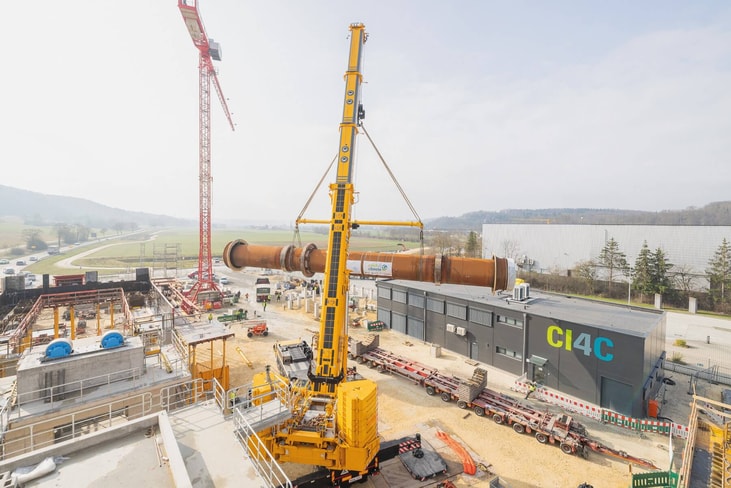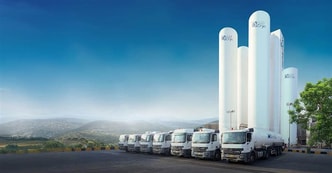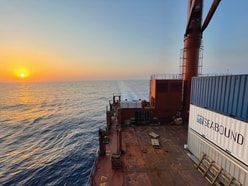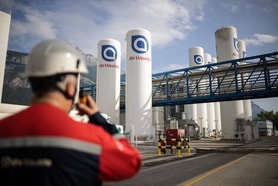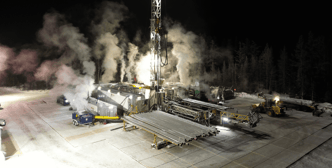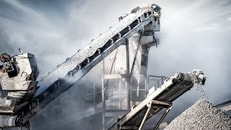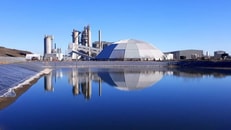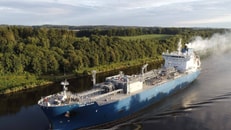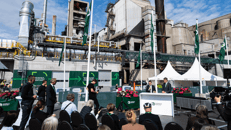Heidelberg Materials closing plants, boosting circularity
Heidelberg Materials is busy drawing a line under old processes and embracing new concepts to promote circularity and accelerate decarbonisation.
In France it has announced plans to shut its Beffes (Cher) and Villiers-au-Bouin (Indre-et-Loire) by October 2025.
The restructuring follows a ‘stronger alignment’ towards low-carbon products and a significant decline in cement sales in the European country.
The company, which aims to reduce specific net CO₂ emissions per tonne of cementitious material by 47% by 2030 (compared to 1990), said it is also making significant progress towards circularity.
... to continue reading you must be subscribed

